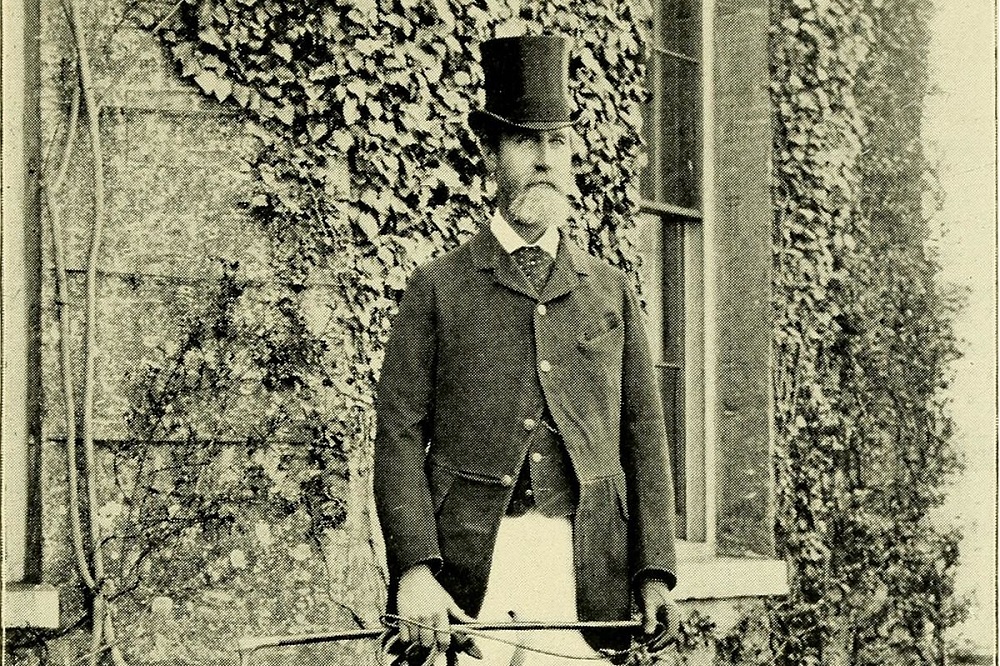A slave owner or a peninsula? Debate after BLM group launch protest against ‘Penrhyn’ street name

A decision by a Black Lives Matter protest group to protest the name of a street in the Barry has spurred debate online after some argued that it was a common Welsh language place name.
A protest on Saturday by Stand Up to Racism Cardiff and Black Lives Matter Cardiff and Vale will call on Vale of Glamorgan Council to change the “disgusting” and “shameful” name of ‘Ffordd Penrhyn’ in Barry.
The protestors say that the street has the same name as Penrhyn Castle, which was built the Pennant Family who made their money from the transatlantic slave trade.
Others, however, have argued that as ‘penrhyn’ is the Welsh word for ‘peninsula’ and that the road in Barry leads to a peninsula, there is no clear link with the Pennant family.
Penrhyn Castle itself is so named because it stands on a peninsula. Richard Pennant and later Edward Douglas-Pennant were given the title Baron Penrhyn.
“After all that has happened, how can it be that Vale Council choose such a disgusting name that has direct links to the slave trade?” the protest group asked on Facebook.
“We emphasise this is not an old development, this is a NEW development and this name has been consciously chosen. This is a slap in the face to the Black Lives Matter Movement and all it has achieved.”
‘Certain’
Others reacting on Facebook argued that if there was a direct link to the name of the street and Penrhyn castle it should be changed, but otherwise should remain as it is.
“I fully understand the opposition to any links with the castle because of its history and that of its previous owners,” Gethin Sugar said. “But do we know for certain that the Penrhyn in this street name is related to the castle?
“Hopefully this protest will help to get some clarity from the council and hopefully it is just a descriptive street name and not at all connected to Penrhyn Castle and its history of slavery.”
“If the word Penrhyn is deemed ‘unacceptable’, what do you suggest that Welsh-speaking people call a peninsula?” Berwyn Jones asked.
Historian Simon Brooks called on Twitter for the Vale of Glamorgan Council to explain how the name came about.
“If it is a name that denotes ‘Lord Penrhyn’ then the protest is completely justified,” he said.
“But if it is a geographical name – e.g. ‘Peninsula Road’ as the road leads to a peninsula – it would be an attack on Welsh culture.
“It would be completely inappropriate for the speakers of a majority language to attempt to connect a common geographical name in a minority language with racism.”
Wales and slavery
Many Welsh families participated in the slave trade and despite it being prohibited in 1807 the money they made often financed projects which contributed to Wales’ industrial revolution in the 19th century.
By 1805 Richard Pennant owned nearly 1000 enslaved people across his four plantations in Jamaica. The money made was used to renovate Penrhyn Castle and invested in the Penrhyn Quarry, at one point the largest slate quarry in the world, near Bethesda.
He was also an anti-abolition campaigner and from 1788 chaired a special sub-committee to organise opposition to abolition.
Other prominent Welshmen in the slave trade included Sir Henry Morgan, the privateer, who became governor of Jamaica and purchased sugar plantations there.
Support our Nation today
For the price of a cup of coffee a month you can help us create an independent, not-for-profit, national news service for the people of Wales, by the people of Wales.






